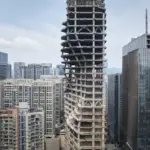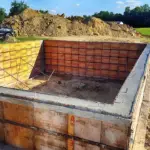\”sulphate attack on mortars, unsound materials, frost action, corrosion of iron and steel, crystallization of salts, linear changes resulting from variation in moisture content\”
While doing brickwork and after the brick is completed there are certain defects which has to be faced, these defects they must be avoided and remedial measure must be taken. These defects not only ruins the physical quality and aesthetics of the project but also ruins its structural strength. So to avoid any mishap and loss we must know what are certain defects in brick work and how to avoid them.
@import url(http://fonts.googleapis.com/css?family=Oswald:700);
Common defects occurring in Brick work are; sulphate attack on mortars, unsound materials, frost action, corrosion of iron and steel, crystallization of salts, linear changes resulting from variation in moisture content.
( function() { if (window.CHITIKA === undefined) { window.CHITIKA = { \’units\’ : [] }; }; var unit = {\”calltype\”:\”async[2]\”,\”publisher\”:\”smsbazaar\”,\”width\”:550,\”height\”:250,\”sid\”:\”Chitika Default\”}; var placement_id = window.CHITIKA.units.length; window.CHITIKA.units.push(unit); document.write(\’
\’); }());
Sulphate attack on mortars
Sulphate attack leads to expansion of mortar, thereby causing cracking of brickwork, spalling of brick edges, deterioration of mortar, wide horizontal and vertical cracks in the plaster and falling of the plastered surface.
The cause of this attack is the chemical action between the sulphate salts in bricks and constituents of Portland cement.
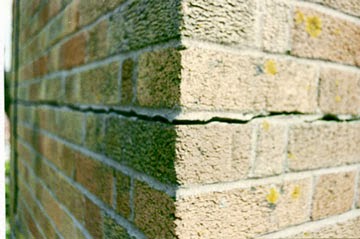 |
| Sulphate Attack on Bricks |
This action is rapid in the presence of water and hence wherever moisture penetrates, excessive dampness occurs. This type of defect may be prevented by preventing moisture penetration. It will avoid the defect to a large extent. Bricks of low sulphate content and the sulphate resisting cement should be used.
Unsound Materials
Unsound materials cause the formation of small pits at the mortar joints. General expansion and cracking of brick work is visible. Unsoundness in lime is caused by the presence of un-slaked particles of lime. Similarly un-slaked lime particles may be present in the bricks also.
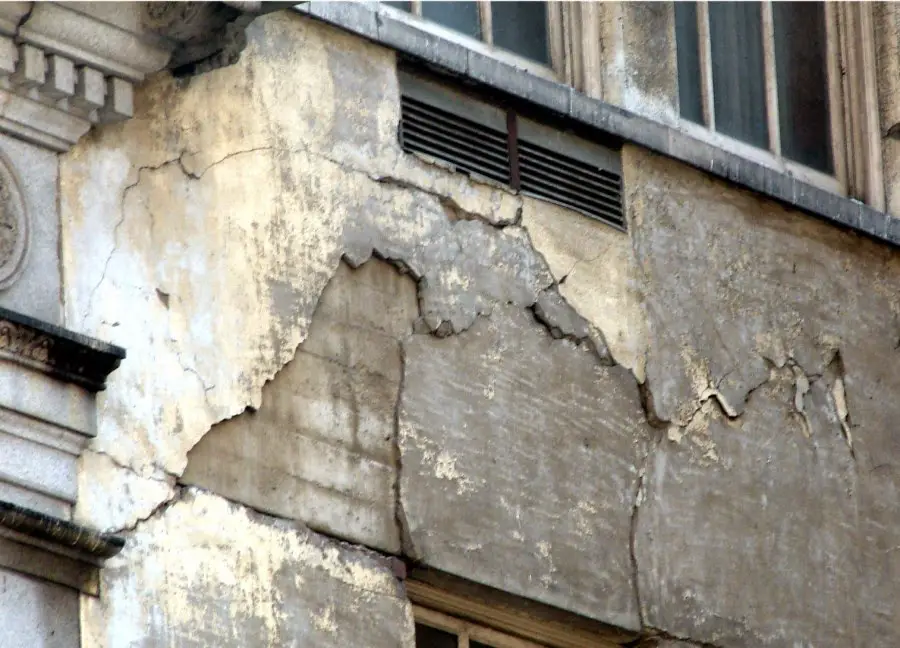 |
| Unsound Material |
Frost action
Defects due to frost action would cause cracking in brickwork. Prevention of water accumulation would prevent this defect.
Corrosion of Metals
Brickwork may get opened or cracked or stained due to corrosion of metals lying adjacent to it. Unprotected iron and steel are liable to get corroded when acted upon by moisture and they increase in bulk, thereby causing cracks in masonry.
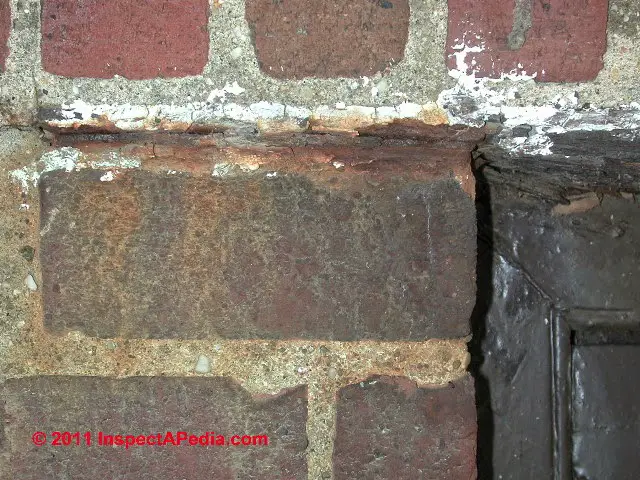 |
| Corrosion of Bricks due to Metals |
Protecting the metal surface with cement mortar up to a layer of 1 to 2 cm thick is essential to prevent corrosion. Partially embedded steel or iron members should be surrounded with bituminous compound for portions not embedded in mortar.
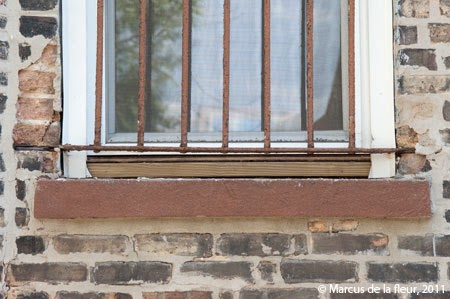 |
| Metal Corrosion |
Crystallization of Salt and Efflorescence
This is a prominent defect in brick masonry. In moist climate, in damp places, like basements or under leaky gutter, masonry often gets disfigured by the formation of a white deposit called efflorescence. Deposit originates from the mortar and frequently spreads over a part or entire face of the wall.
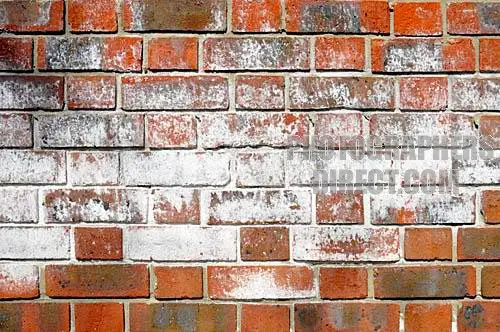 |
| Efflorescence |
Absorbed water dissolves the salts of sodium, potassium and evaporating, forms a crystalline deposit on the surface. In addition to unsightly appearance, the crystallization of salts in the pores of the bricks or mortar may cause disruptive expansion resulting in disintegration due to cracking.
To avoid Efflorescence do not use porous bricks in contact with limestone. Protect brickwork against contamination of salt-bearing materials during building operations. Bricks should be thoroughly soaked during construction. Correct design of DPC should be used.
Shrinkage Effects
Brick work may crack due to the shrinkage movements arising from changes in moisture content. This defect is more common with concrete and lime mortars.
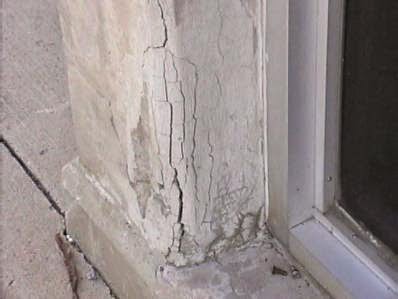 |
| Shrinkage Effects |
Good quality bricks should be used in dry condition. All of work should be protected from rain.
















